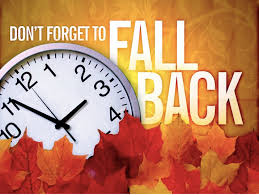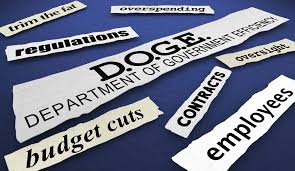Should Students Give Feedback on their Teachers?

| There are many different styles of teaching in schools, but what does it matter if students themselves are not able to learn anything? There are already many methods of evaluating teachers, but the most accurate way would be by the kids themselves. Students in a class can provide an accurate description of the teacher’s style of teaching.
Although adults evaluate teachers by sitting in a class, they do not get the overall teaching experience, like students do. Evaluators do not get a chance to ask questions, connect with the teacher, or assess difficulty of tests and quizzes. As stated by debate.org, “Students have the best firsthand feedback on how teachers are doing and if they are making school an uncomfortable, inappropriate, or overly difficult experience.” Evaluators cannot view a classroom through the lens of a student, nor can they judge how much students are actually learning from a teacher, therefore only a student can properly grade a teacher’s skills. There are certain aspects of a teacher that an evaluator cannot judge, such as how a teacher connects with students, how much a teacher relies on textbooks rather than actually explaining material, and how assignments are graded/given out. One such example was proven at a Oakland Charter High School in Oakland, California. A humanities teacher, Ms. Campbell, had her students take a survey to evaluate her teaching. She discovered that the main feedback was that students thought she needed to interact more with them. The survey was conducted by a company called Panorama, and proved to be extremely helpful to both the students and the teacher, as Ms. Campbell was also able to improve herself for future classes. The increasing popularity of Panorama has proved the usefulness and accuracy of students grading their own teachers. The New York Times states, “The firm’s techniques have been widely praised by education experts, and has won prominent supporters…”. By providing a means for students to accurately give feedback about their teacher, the overall experience provided by the teacher can be better improved to fit the needs of a particular class. However, people argue that not all students can provide a professional account of a class, nor would they be willing to complete a survey of their classroom experience. While this holds true, many people do not realize that there will be many students evaluating teachers to ensure that there are at least a few accurate responses. Many critics claim that it is “unethical” to have students grade their teachers, but in reality, there are many students who would not only benefit from giving back feedback, but help teachers better educate students. Is it really “unethical” to more effectively improve classrooms? Students and teachers at MMS were polled on whether or not they support students giving feedback on teachers. The majority of students, 83%, said that evaluating teachers is an appropriate measure, while 17% disagreed. The most common reason for disagreeing was that students may not provide accurate feedback, and students are not given appropriate tools for this. In conclusion, students should be allowed to evaluate teachers to provide a more effective means of improving a class. Surveys should be given out every few months for the students to analyze their class. Teachers can, then, improve themselves based upon their students’ feedback. The classroom experience provided by a teacher is unique, and what better way to evaluate it, than by allowing students to “grade” their teachers? |






